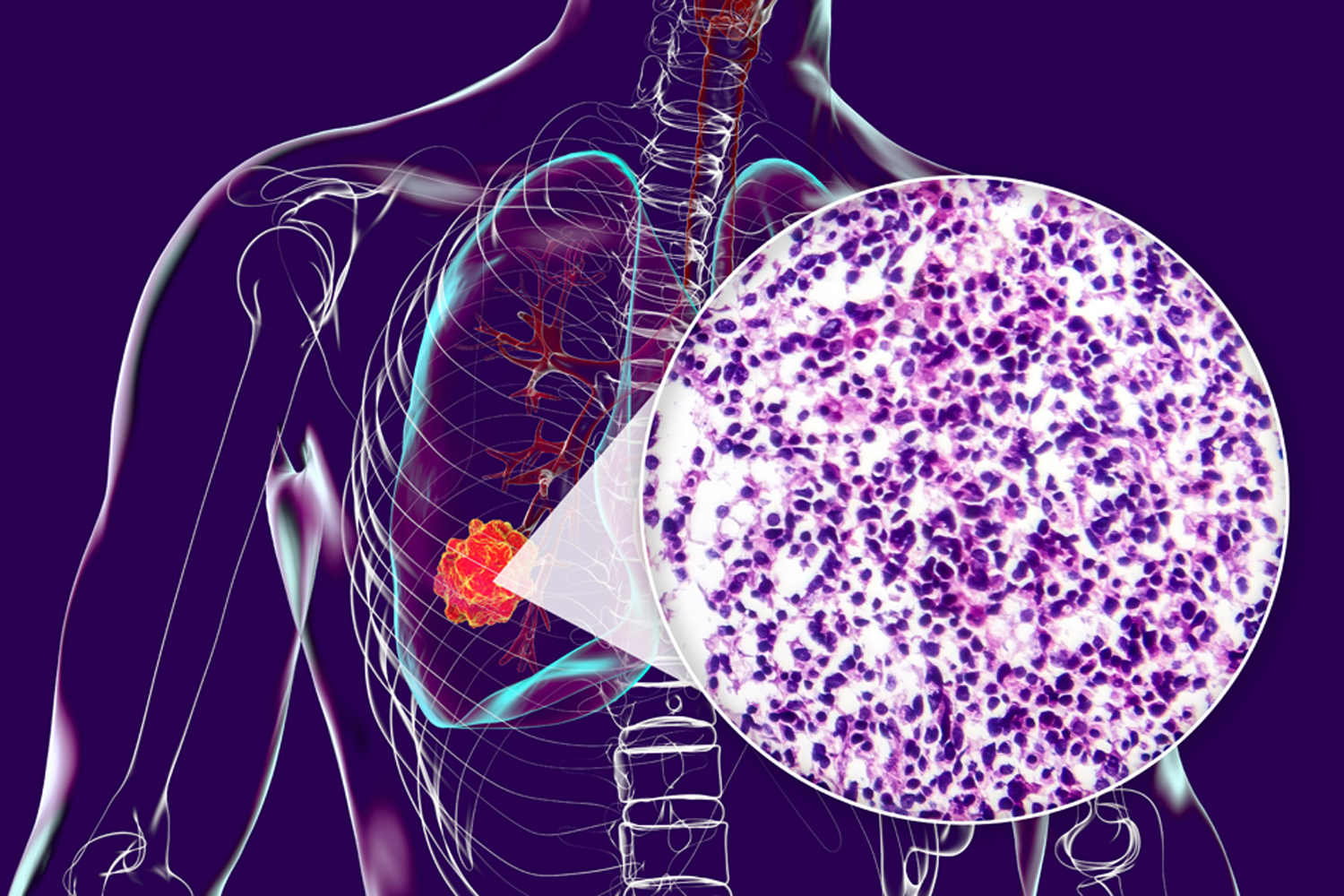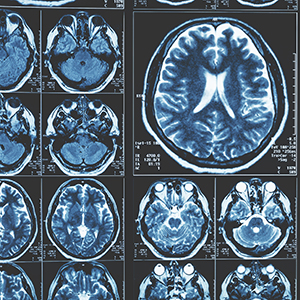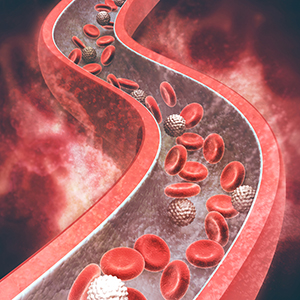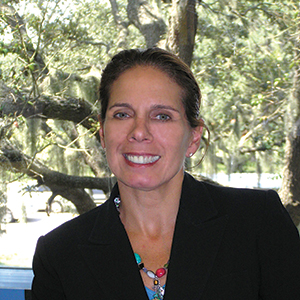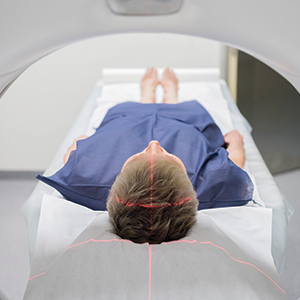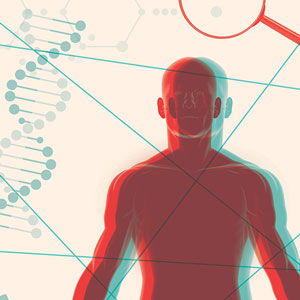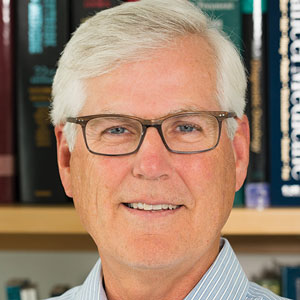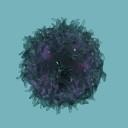-
Forward Look
Looking for Brain MetastasesStudies aim to identify when screening is beneficial.
by Sue Rochman
-
Forward Look
Lynch Syndrome Linked to More CancersStudy findings suggest patient screening has been too narrow.
by Sharon Tregaskis
-
Forward Look
What’s Next? Spring 2019Reducing chemotherapy side effects with a ‘drug sponge.'
by Bradley Jones
-
Policy Matters
Eliminating HPV-Related CancerHPV vaccination and screening can help eradicate cervical cancer and other malignancies.
by Anna R. Giuliano, PhD
-
Keeping an Eye on Cancer
Imaging tests for post-treatment surveillance may come with radiation exposure, financial strain, “scanxiety” and sometimes unnecessary follow-ups. Doctors and patients need to balance the risks and benefits of scanning.
by Charlotte Huff
-
More Options for Rare Cancers
Precision medicine and immunotherapy offer opportunities for new treatments and clinical trials to patients who previously had few, if any, options.
by Kendall K. Morgan
-
The Patient Perspective
Patient-reported outcomes may help shape the future of cancer care.
by Stephen Ornes
-
Healthy Habits
Power OffToo much time spent looking at electronic devices can come at a cost.
by Cameron Walker
-
Q&A
Hope Amid the HypeHematologist-oncologist David Scadden traces the history, promise and uncertainties of treatment advances in Cancerland: A Medical Memoir.
by Marci A. Landsmann
-
First Immunotherapy Approved for Breast Cancer
Medical oncologist Leisha A. Emens discusses the significance of the first U.S. Food and Drug Administration approval of an immunotherapy treatment for breast cancer.
by Anna Azvolinsky
Cancer Talk
Lessons From 20 Years Living With Cancer
Multiple myeloma survivor Jonathan Gluck reflects on uncertainty, and the scientific progress that has kept him living with cancer for more than two decades.
by Eric Fitzsimmons
The Enduring Importance of Cancer Disparities ResearchOpening session from AACR conference highlights how perseverance and adversity have informed cancer disparities research over the years.
by Eric Fitzsimmons
Most Cancer Survivors Don’t Meet Healthy Diet GoalsDespite research linking fruits and vegetables to cancer survival, many people do not change their eating habits after diagnosis.
by Darlene Dobkowski
Many People Don’t Get Colonoscopy After Receiving Abnormal Blood TestsAbout half of people who receive abnormal results from colorectal cancer screening tests don’t follow up with a colonoscopy.
by Laura Gesualdi Gilmore

